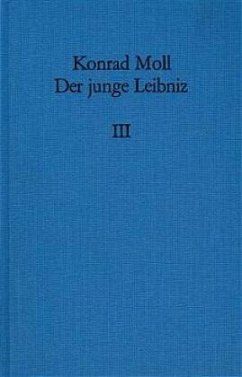»Ich halte den Band für einen sehr wichtigen Beitrag [.] Molls Werk ist klar gegliedert und gut lesbar geschrieben. Seine Analysen sind sehr genau [.] hinter die wichtigsten Erkenntnisse der Arbeit wird die Leibniz-Forschung nicht zurückgehen können.« Albert Heinekamp »[Moll] verfügt über ausgezeichnete Lateinkenntnisse und schreibt ein klares Deutsch, das in manchen Passagen sogar kreativ ist. Ein besonderes Verdienst besteht darin, dass er sich als Theologe in das sperrige Thema der Physik dieser Zeit eingearbeitet hat und zu diesem Zweck so schwierige Leibnizsche Schriften wie die Theoria motus abstracti (1671) und Hypothesis physica nova analysiert hat. [...] Ein besonderes Lob gebührt M. dafür, dass er nicht unter einer spezifisch deutschen Krankheit leidet und keine Phobien gegenüber Ontologie und Metaphysik pflegt. Dort, wo es angebracht ist, von diesen beiden grundlegenden und übrigens auch sehr aktuellen philosophischen Themen zu sprechen, tut er es auch.« Hans Burkhardt, Theologische Literaturzeitung

